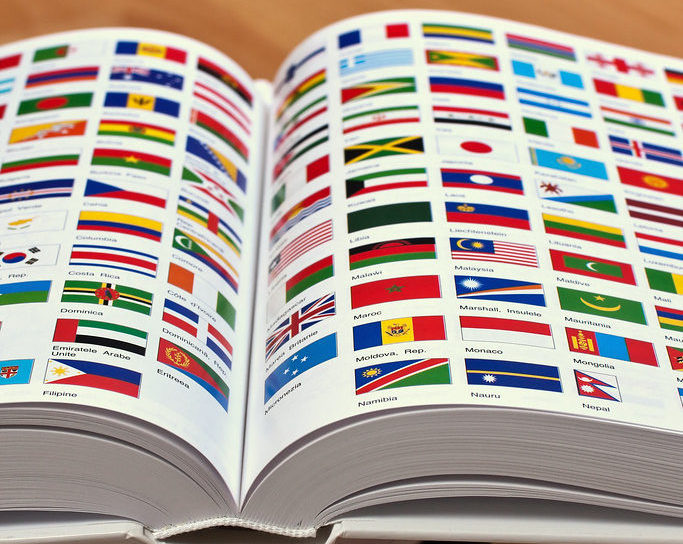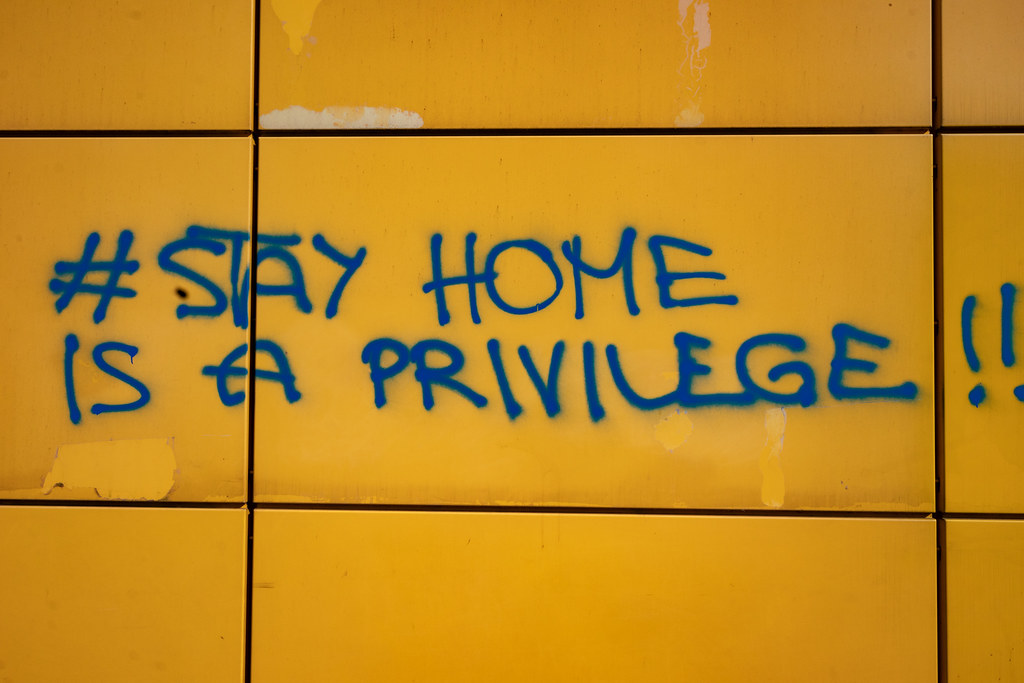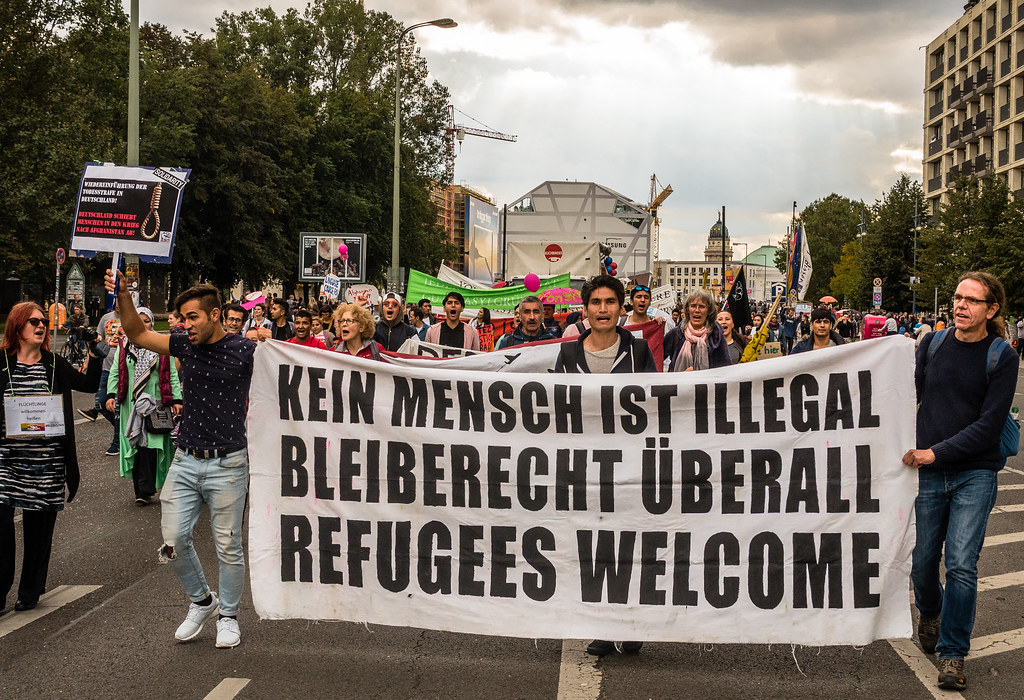
Guest Contributor
Cyril Jayet, Assistant Professor, Department of Sociology, Sorbonne University
Nationalism is commonly viewed as a very powerful ideology. One of the most well-known sociologists of nationalism, Benedict Anderson, even contented that nation-ness is the “most universally legitimate value in the political life of our time” [1]. Nationalism also seems to hamper any effort to build a transnational power that would have a stronger legitimacy than the nation-states. For example, in the context of EU studies, national identities are considered as one of the strongest determinants of a negative attitude toward the EU. Economic and environmental crisis have stressed the need for international regulations, but those appear as very difficult to create in a world still dominated by nation-states. The Covid-19 crisis has raised a new unforeseen challenge to internationalization, with the nation-state reinstating their borders. This occurs even in the EU, the most politically integrated supranational entity.
Despite this importance of nationalism, when one attempts to understand what nations actually are, it seems to be a very complex puzzle. It is impossible to find a common accepted definition and the differences of definitions are not about minor details. They are often about the ontological status of nations, about how nations exist: sometimes nations are only imagined communities; sometime they exist as clearly bounded groups sharing a common culture, a language, or common ancestries. This creates a strange puzzle: nations appear to be a very powerful force, but they are impossible to define or even to clearly identify.
I propose to shed light on this puzzle by making use of various authors from very different traditions, from Wittgenstein’s philosophy of language to more general sociological theory. I believe that better understanding this puzzle shall help us better understand how nations boost political legitimacy and mold political systems. This shall be of great importance in a world which is in need of stronger international regulations.
Continue reading


